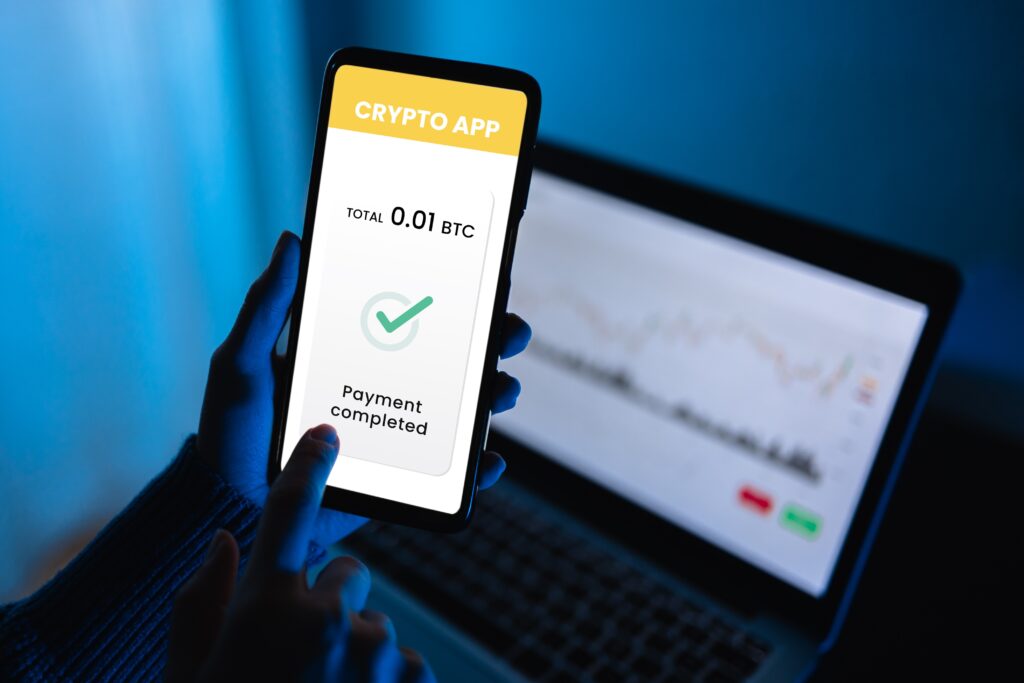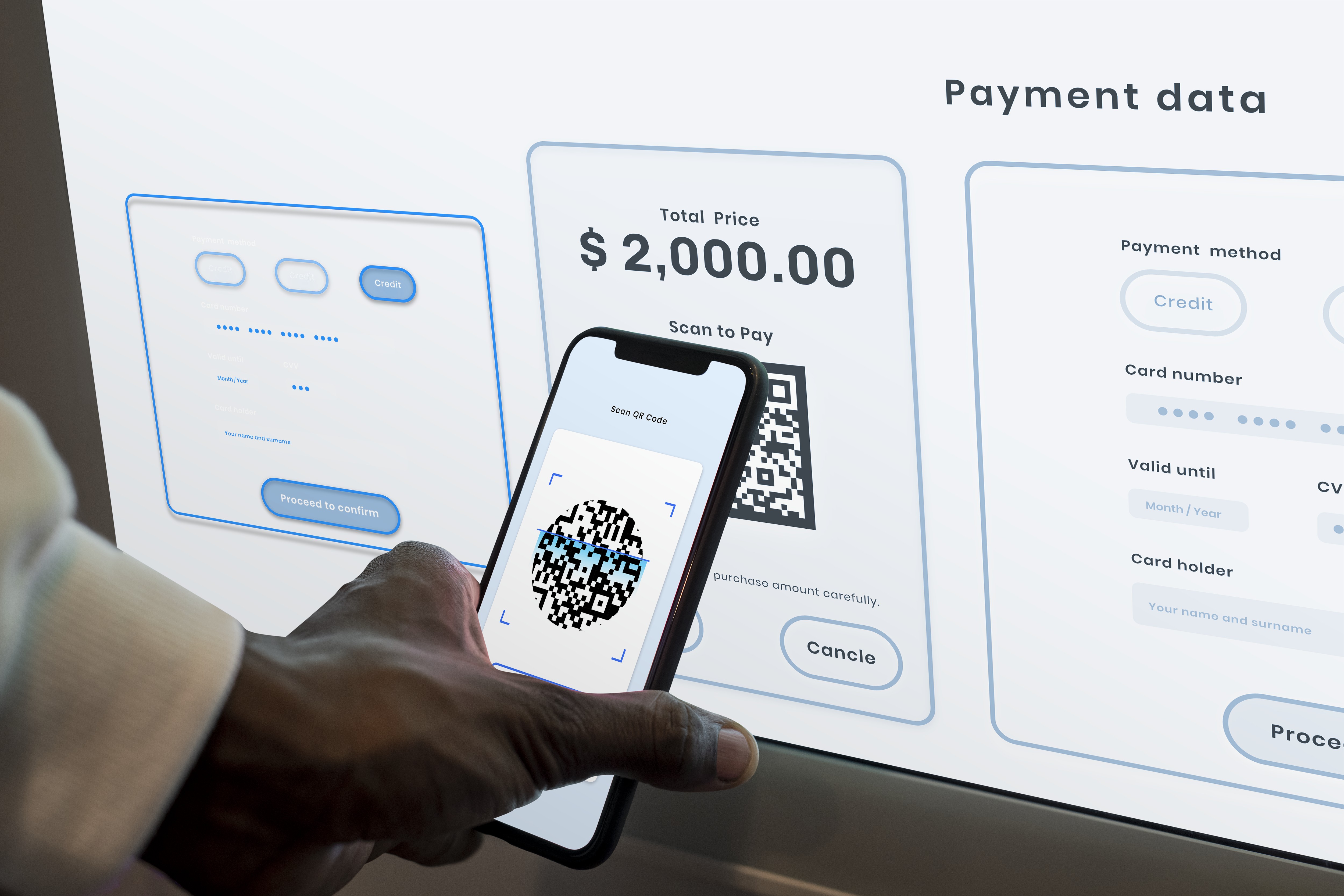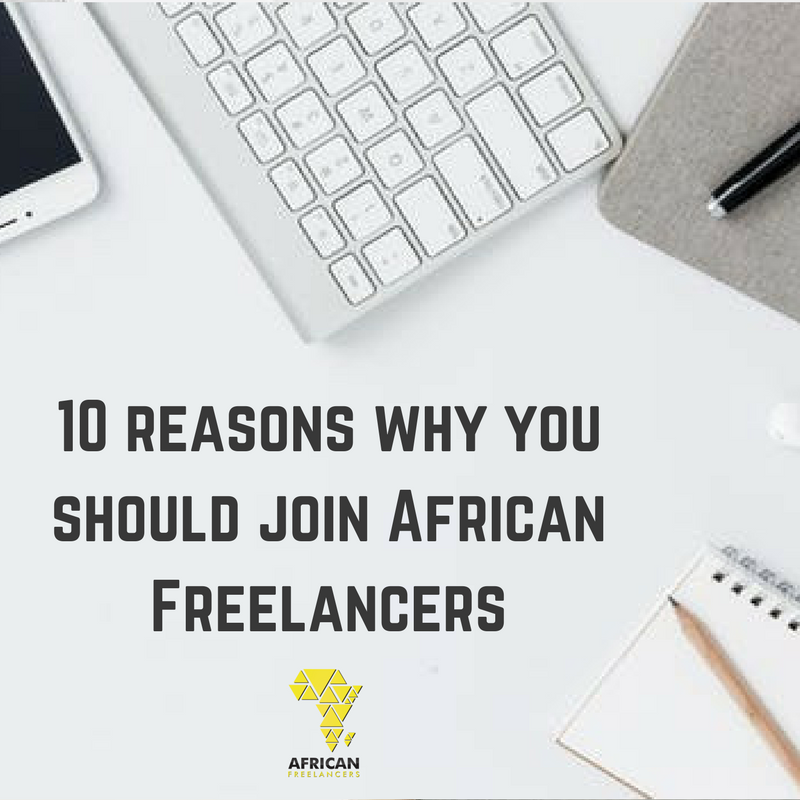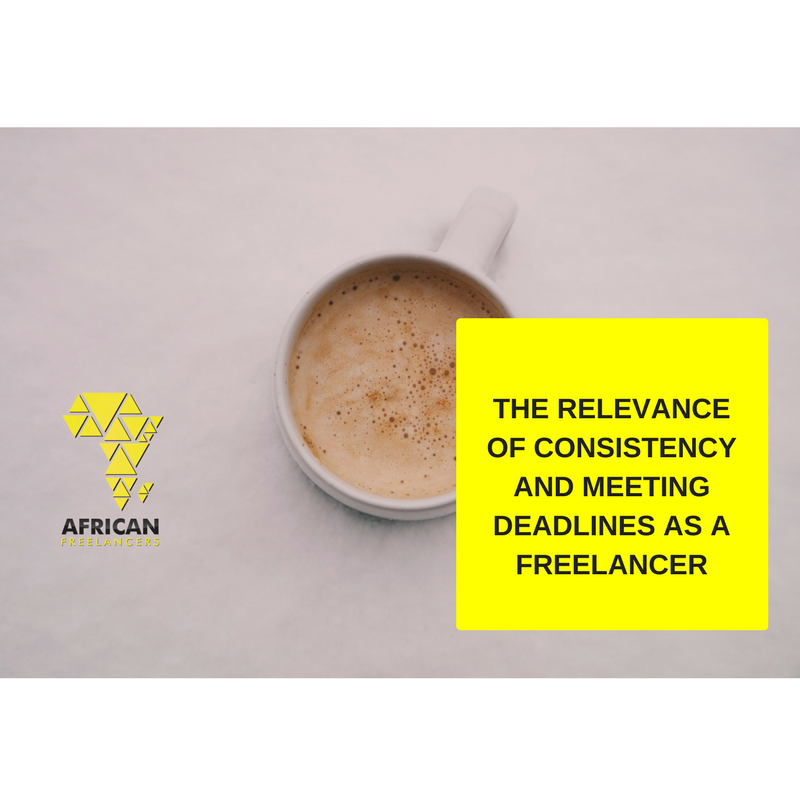Getting paid is one of the biggest challenges freelancers across the continent face. Choosing the right payment platforms African freelancers use can mean the difference between steady cash flow and long delays.
High withdrawal fees, limited access to services like PayPal in some countries, poor exchange rates, and slow international transfers all eat into earnings. Fortunately, fintech innovation and improved global payment services are expanding practical, lower-cost options for freelancers in 2025.
This article compares secure, fast, and affordable methods for receiving freelance payments in 2025. We compare global players like Payoneer and Wise to Africa-focused solutions such as Flutterwave, Grey, and GeegPay. By the end, you’ll know which platforms suit your client mix and cash-flow needs.
Key Factors to Consider Before Choosing a Payment Platform
Not all payment platforms are created equal. The right choice for you as an African freelancer depends on where your clients are based, how often you receive payments, and how quickly you need access to your money. Below are some key factors to weigh before deciding:
- Transaction Fees and Exchange Rates
Many freelancers lose money to hidden charges. Always check not only the flat fee or percentage charged per transaction but also the exchange rate offered when converting from USD, GBP, or EUR into your local currency. A small difference in rates can cost you a lot over time. - Withdrawal Options
Some platforms allow direct withdrawals to local bank accounts, while others support mobile money or virtual cards. The best choice is the one that makes your money most accessible with minimal delays and costs. - Speed of Transfers
Delays can disrupt your cash flow, especially if you rely on freelancing as your main source of income. Platforms like Wise and GeegPay pride themselves on speed, while others may take several days before your funds arrive. - Country Availability
Not every platform works in every African country. For instance, PayPal has limited functionalities in some regions, while Flutterwave and Chipper Cash are designed with Africans in mind. Always check whether a platform supports both your country and your client’s location. - Security and Reliability
Your income is too important to risk on an unreliable system. Go for platforms with proven track records, strong customer support, and secure encryption to protect your transactions.

6. Extra Features
Beyond payments, some platforms provide tools like invoicing, currency wallets, and virtual debit cards. These can save time and help you manage your freelance business more effectively.
Best Payment Platforms African Freelancers Use in 2025
With these factors in mind, it’s time to look at the best payment platforms African freelancers have available in 2025. Each option offers unique strengths and limitations, and knowing how they work will help you choose the one that fits your freelance career and client base.
Payoneer
Payoneer has become one of the most trusted names among African freelancers who work with international clients. It is especially popular because many global freelance marketplaces, such as Upwork and Fiverr, directly support it as a payout method. Through Payoneer, freelancers can open multi-currency accounts in dollars, pounds, and euros, which makes receiving international payments much easier. The platform also allows direct withdrawals to local bank accounts across several African countries, and in some regions, freelancers can request a prepaid MasterCard to access their funds for online or in-store transactions.
While Payoneer is convenient and widely recognized, it does come with some drawbacks. Its fees are often higher than those charged by competitors like Wise, and the exchange rates are not always the most favorable. In addition, some features, such as the prepaid card, are not available everywhere in Africa. Still, for freelancers working with international platforms or clients who want a reliable and well-established option, Payoneer remains one of the safest bets.
PayPal and Its Alternatives
PayPal is another global giant that almost every freelancer has heard of. Its greatest strength lies in its simplicity. Clients can send money with just an email address, and transactions between PayPal users are fast. For African freelancers, however, PayPal has long been a mixed bag. In some countries, users can both send and receive funds, while in others, the platform only allows sending. This restriction has made it difficult for many freelancers on the continent to rely on PayPal as their main payment method.
Even where PayPal does work, high transaction charges and poor currency conversion rates often eat into freelancers’ earnings. Withdrawing money from local banks can also be challenging, depending on the country. Because of these limitations, many African freelancers use PayPal only when clients insist on it, while maintaining other platforms for their regular payments.
Wise
Formerly known as TransferWise, Wise has built a reputation for being one of the most transparent and cost-effective ways to send and receive money internationally. For African freelancers, it is particularly attractive because it offers true mid-market exchange rates, the same rates you would see on Google, without the hidden markups that most traditional banks and some other platforms apply. This means that freelancers keep more of their hard-earned income, especially when payments are converted from currencies like the dollar, euro, or pound into local African currencies.
Wise also allows freelancers to open multi-currency accounts, giving them the flexibility to hold and manage different currencies in one place. Transfers are generally fast, with many transactions settling within hours rather than days. However, Wise does not yet cover every African country, and in some regions, the withdrawal process may still be limited. Despite these restrictions, freelancers in supported countries consistently find Wise to be one of the most reliable and affordable platforms available today.
Flutterwave
Flutterwave is an African-born fintech company that has quickly grown into a global player, thanks to its focus on bridging payment gaps between Africa and the rest of the world. Unlike many international platforms, Flutterwave was designed with Africans in mind, and this makes it particularly useful for freelancers on the continent. The platform allows users to accept payments in multiple currencies and withdraw directly into local bank accounts or mobile money wallets.
For freelancers, Flutterwave’s appeal lies in its versatility. It facilitates cross-border payments and provides tools for invoicing, virtual dollar cards, and even simple storefronts for selling services or digital products. Beyond being a payment processor, it can also serve as a light business management tool. However, some freelancers have reported occasional transaction delays, and like many African fintechs, Flutterwave is still in the process of expanding its coverage across the continent. Even so, its local integration and support for mobile money set it apart as a highly practical option for freelancers whose clients are spread across both Africa and abroad.
Grey
Grey, formerly known as Aboki Africa, has quickly become a favorite among African freelancers looking for simple and transparent ways to receive international payments. What sets Grey apart is its ability to provide virtual accounts in major currencies like USD, GBP, and EUR. This means freelancers can receive payments as though they had a bank account in the United States, the United Kingdom, or Europe. Once funds arrive, users can easily convert them into their local currency and withdraw directly into a Nigerian or Kenyan bank account, with other African countries gradually being added.
The biggest appeal of Grey lies in its low fees and competitive exchange rates, which are far more transparent compared to traditional banks. Withdrawals to local accounts are also relatively fast, often settling the same day. On the downside, Grey’s services are still limited to a few countries, and some users report occasional delays during peak transaction periods. Nevertheless, for freelancers in supported regions, Grey offers a highly practical and cost-effective solution to receiving client payments without the complications of traditional banking.
GeegPay by Raenest
GeegPay, a product of the African fintech company Raenest, is another rising star in the world of freelancer payments. Like Grey, it provides virtual USD accounts that allow freelancers to receive payments directly from international clients and platforms. What makes GeegPay especially appealing is its promise of near-instant transfers and low fees, often under one percent, making it one of the cheapest ways for African freelancers to access global earnings.
In addition to virtual accounts, GeegPay also offers virtual dollar cards, which freelancers can use for online subscriptions, ads, or other work-related expenses. There are also built-in invoicing tools, which help freelancers send professional payment requests to clients. The platform is expanding to support multiple African countries, though its coverage is still growing. Some users have mentioned limits on account usage and occasional challenges with customer support, but overall, GeegPay stands out as one of the most forward-thinking platforms tailored specifically to the needs of African freelancers.
Crypto Payments
For many African freelancers, cryptocurrency has become a practical alternative to traditional payment platforms. With restrictions on services like PayPal and high fees on platforms like Payoneer, crypto offers a way to bypass barriers and receive money directly from clients anywhere in the world. Payments in popular cryptocurrencies such as Bitcoin, Ethereum, or stablecoins like USDT and USDC are fast, borderless, and often cheaper than traditional bank transfers.

One of the biggest advantages of crypto payments is accessibility. A freelancer in Lagos or Namibia can receive payment from a client in New York within minutes, without worrying about bank intermediaries. Stablecoins, in particular, have gained popularity because they are tied to the U.S. dollar and avoid the price volatility often associated with cryptocurrencies like Bitcoin. With exchanges and wallet apps available across Africa, freelancers can quickly convert their crypto earnings into local currency or even spend them directly through crypto-enabled debit cards.
However, crypto is not without its challenges. Price fluctuations in some coins can reduce the value of a freelancer’s payment if not quickly converted, and regulations around cryptocurrency use vary from country to country.
Conclusion
Getting paid is one of the biggest challenges African freelancers face, but in 2025 the options are better than ever. From global platforms like Payoneer and Wise to Africa-focused solutions like Flutterwave, Grey, and GeegPay, freelancers now have tools that make it easier to work with clients worldwide. Even crypto payments are opening up new possibilities for those who want speed, flexibility, and fewer barriers.
The right choice depends on your priorities. In many cases, the smartest move is to use more than one platform, so you can adapt to your client’s preferences while protecting yourself from delays or restrictions.
As the freelance economy continues to expand, staying informed about payment platforms will be just as important as building your skills. At AfricanFreelancers.com, we are committed to helping you navigate these changes with guides, comparisons, and community support. Join the African freelancers community today to stay ahead of new tools and opportunities that make freelancing across borders easier and more rewarding.





